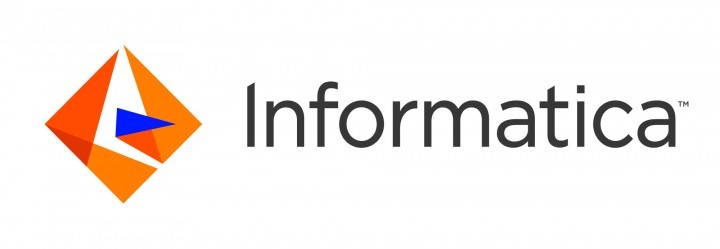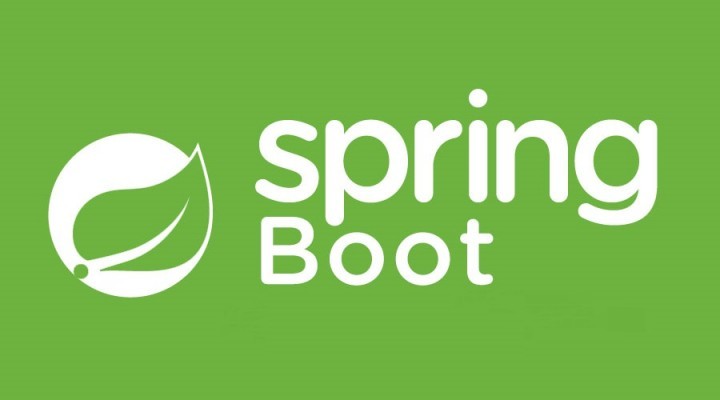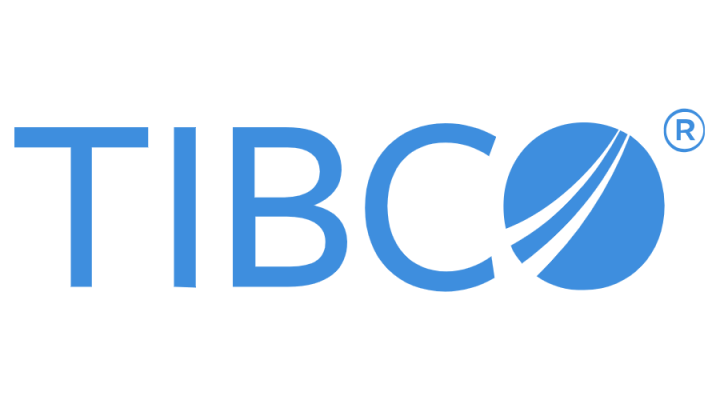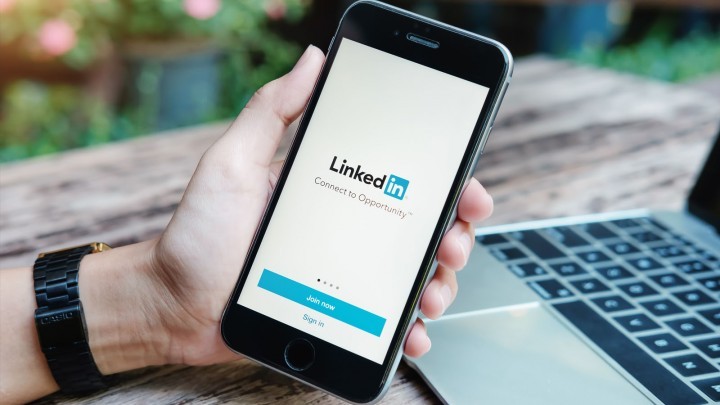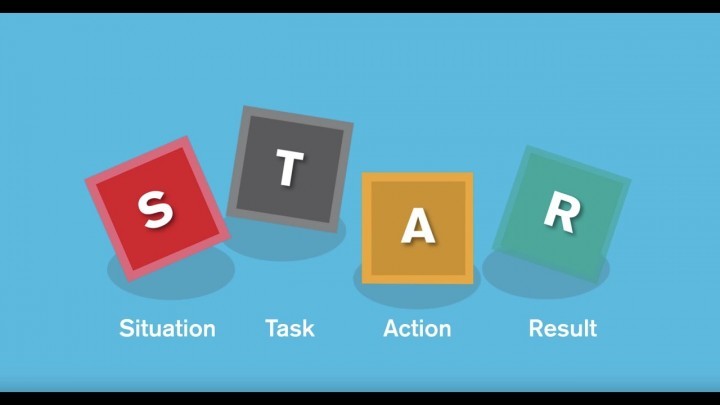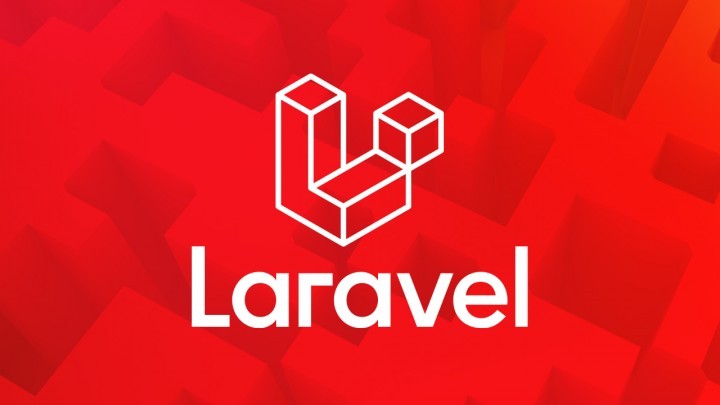
What is Social Recruiting and how effective it is?
Social media recruiting is a recruitment strategy that combines elements of employer branding and recruitment marketing to connect with and attract active and passive candidates on the digital platforms they are common. It is also referred to as social recruiting and social hiring. This HR practice uses social media sites and other internet-based options, such as blogs, to reach potential job candidates.
Sites like LinkedIn, Facebook, Twitter and a handful of others offer recruiters a great opportunity to connect with candidates; many of whom would never be found through traditional sources.
Social media recruitment is not a new trend anymore. It is one of the most commonly used talent acquisition tactics. Since most people use at least one social media platform, it makes sense to leverage these channels to attract and hire new job candidates. Most companies use social media to recruit candidates but not all are doing it successfully. Today, we will discuss in detail about social media recruiting and its importance in the modern workforce.
What is Social Media Recruiting?
Social media recruiting is the means by which candidates are recruited using social media platforms as talent databases, or for advertising openings and positions. It is the practice of identifying, attracting, engaging and hiring both active and passive candidates, by using the social networks they are on. Recruiters can check out potential candidates’ social media profiles to get a sense of who they are and what they are looking for.
Social media recruiting differs from the traditional recruiting methods such as online recruitment, direct recruitment, internal recruitment etc., because it allows the recruiter to connect directly with both active and passive job seekers.
With the consistent increase of social media usage, social media recruitment has been gaining on its popularity among talent acquisition professionals. Organizations with well-structured social recruitment strategies are more likely to reach passive job seekers, better showcase their company culture, save money on job advertising, better target candidate personas, and get more referrals.
How effective is social media recruiting?
Traditional recruiting relied on finding prospective employees in a way that was time consuming and expensive, making them less efficient than social recruiting strategies. While a lot of these methods are still in use, they come with significant disadvantages over a well-formed social recruiting strategy; primarily when it comes to cost.
Social media enables recruiters not only to reach vastly more people but at the same time identify professionals who have the credentials they are seeking. The vast reach of the internet means a strategic social media recruitment effort can reach millions and theoretically do so nearly promptly. At the same time, social media tools enable recruiters to identify candidates with desired credentials, such as particular degrees or skills. Social media allows recruiters to spread information about job openings and the organization so that passive and active candidates receive such messages. Traditional recruiting methods, such as online job boards or advertisements, most often engage only active candidates who are looking for that information.
Social media also allows recruiters to use other people in their network like professional connections and associations to amplify their messages through online networking. Contrast those capabilities with traditional recruitment methods, such as cold-calling potential candidates or employee referrals, that rely on the time-consuming process of making one-on-one connections.
And of course; when it comes to the financial part, social recruiting is much cost effective than any other conventional recruitment methods. And social media often delivers these benefits more effectively than conventional recruitment methods.
Which social media platforms to use, and how?
For many recruiters, their social media universe is limited to LinkedIn. However, that statistic doesn't mean all job seekers use LinkedIn. It only means that recruiters value LinkedIn as a resource. Job seekers, in particular younger people use a variety of social media platforms, so recruiters must have a way to reach them there.
Understanding each platform's personality helps HR professionals know which platforms engage the professionals who best match their job requirements. Experienced recruiters also know how to take advantage of the different sites' tools to most effectively engage potential candidates.
Talented recruiters are able to cultivate a positive presence for their organizations on social media sites, so professionals can learn about and engage the organization beyond the online recruitment activities.
Moreover, successful recruiters monitor the social media market to identify emerging platforms that could become important additions to their recruitment marketing efforts as well as watch for shifts in use that could impact the usefulness of social media as a recruitment vehicle.
Social recruiting mistakes
Recruiters who use social media should be alerted of actions that can blowback and lead to poor online engagement with potential candidates or the loss of promising leads.
Here are some social media recruiting mistakes to be avoided:
- Reaching potential candidates through messages
- creating inconsistent or even contradictory messages in the information posted on the organization's website and social media platforms
- being overly active or inactive with engagement efforts
- misunderstanding or overlooking the attributes of ideal candidates as well as where and how best to reach them on social media
- failing to provide user-friendly pathways to move from social media platforms to the application process
The traditional resume may be great at summarizing a candidate’s professional background, but it offers little insight into who they actually are as a person. Social media recruiting allows you to develop a more comprehensive understanding of candidates, including their personality, interests and mutual connections.
When businesses implement social recruiting strategies correctly, they get their brand message across numerous social platforms while showing potential candidates an attractive picture of what their company culture is like.
As a generation of digital natives enter the workforce and Millennials transition into leadership positions, social media will continue to be an important source for employers sourcing new talent.
HRavailable keeps you updated on the latest news in the job market.
Get notified about the latest job openings through HRavailable and never miss a chance to get noticed by the recruiters.




